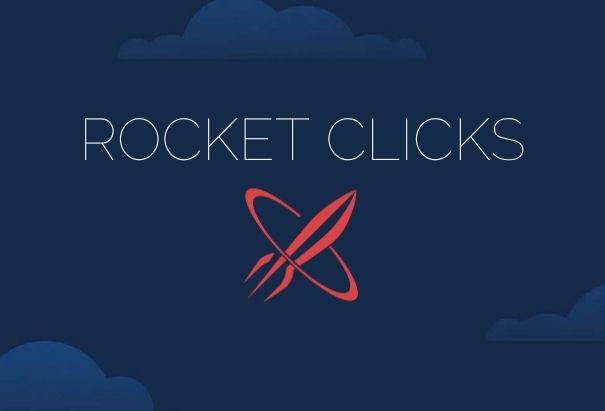This Week’s Industry News
Compiled by the Rocket Clicks Team
Top Stories
Underlined Display URLs Spotted in AdWords Ads
A screenshot was shared via twitter recently by Ronnie Jones who spotted underlined Display URLs for AdWords ads on the Google search results page. This test isn’t specific to one browser and Jones said that the test only appeared based on the query and time of the search. It may not look pretty, but as a comment posted by ECC says: if it increases conversions, who cares? Source: Search Engine Roundtable
What to Do with Near Identical Product Pages According to Google
In a recent Google Webmaster Office Hours chat, the question was raised about what to do with pages for products that are very similar. Google’s recommendation in this situation is to use canonical tags on the various pages to point to a “main page” that also gives users a listing of the variations of the product or the possible customization options. Source: The SEM Post
Google’s Promoted Pin Ads Being Tested by Retailers
Tests have begun to pop up for Promoted Places in Google Maps, which was announced by Google back in March. These Promoted Places ads are currently only appearing in the Android Google Maps app when users are looking at a map of the surrounding area, meaning that they don’t even need to search for the retailer. The pilot is still underway for specific retailers like Walgreens, MAC Cosmetics, and Starbucks and there has been no announcement of this being released to a wider audience. Source: Search Engine Land
Google Adds Features to Mobile Restaurant Display
Earlier this week, local SEO wizard Mike Blumenthal spotted a few new features in the mobile display cards for restaurants. Google has reformatted the menus to make them more barebones or “AMP-like” as well as adding emphasis on photos in the Local Finder and showing happy hours when applicable. Source: Mike Blumenthal
Additional Commentary
Is Segmenting PPC Campaigns by Device Worth It?
Data Segmentation advocate Aaron Levy helps us weigh the pros and cons of segmenting campaigns by device. Levy’s pros range from the effectiveness of being able to isolate growing devices and adjusting their bids based on device cadence in addition to being able to create device-specific messaging. The cons the author mention includes an increase in complexity, no desktop exclusion capability on Bing and, in Levy’s case, they started to hit account limits. Based on these points, the author states that device specific campaigns aren’t a must, but they should be strongly considered. Source: Aaron Levy, Search Engine Land
Why All 4 of Google’s Micro-Moments Are Actually Local
In this post for Moz, author Miriam Ellis lays out her argument for why Google’s list of four micro-moments are all local in nature. To illustrate her argument, Ellis creates an example showing how a local kitchen store could capitalize on the micro-moments – I want to know, I want to go, I want to buy, and I want to do – experienced by someone on the quest for the perfect fluffy omelet. Ultimately, this hypothetical fluffy omelet seeker finds the local kitchen store because they addressed each micro-moment in the buyer’s journey by creating useful, relevant content and solidifying their local presence through citations and NAP consistency. Source: Miriam Ellis, Moz blog

